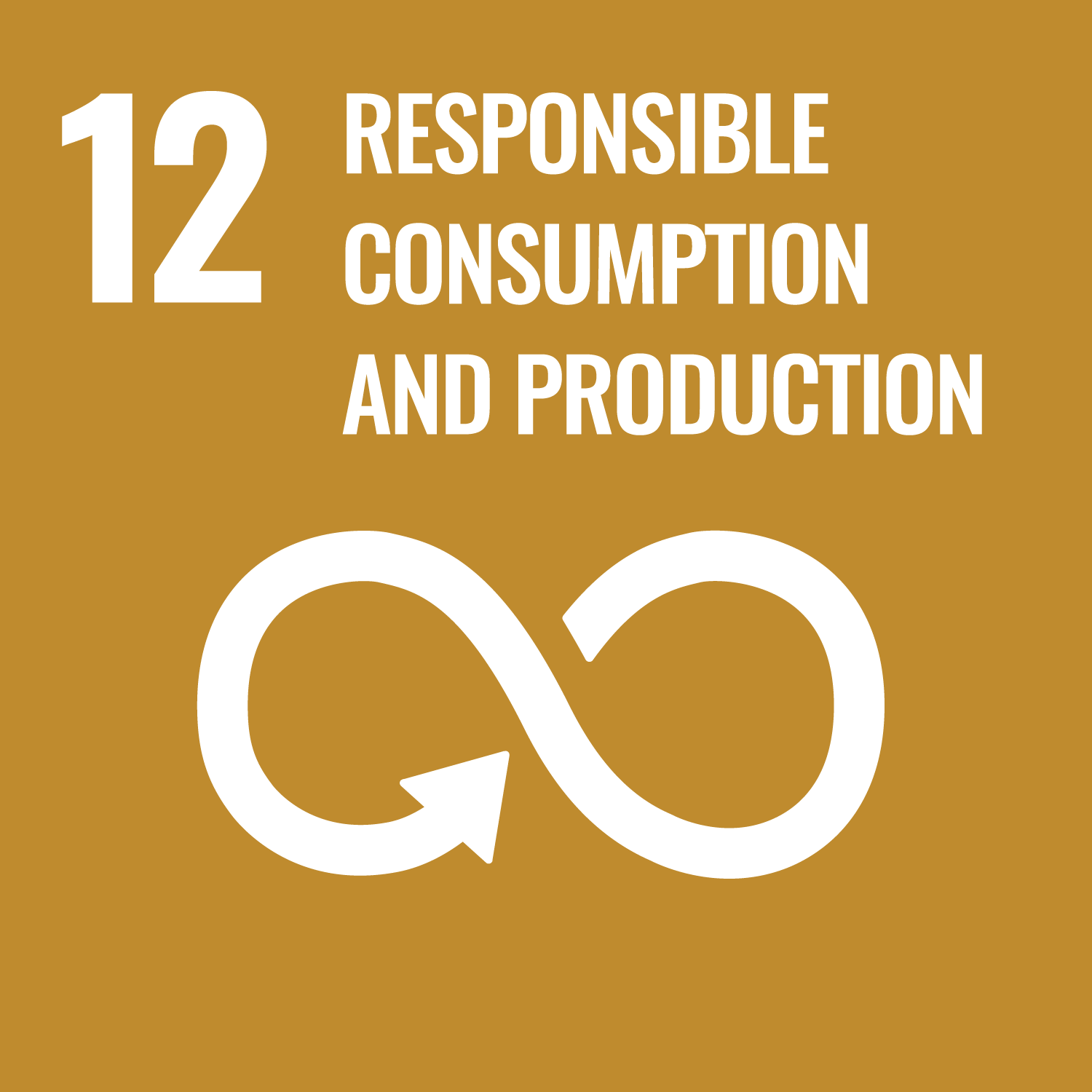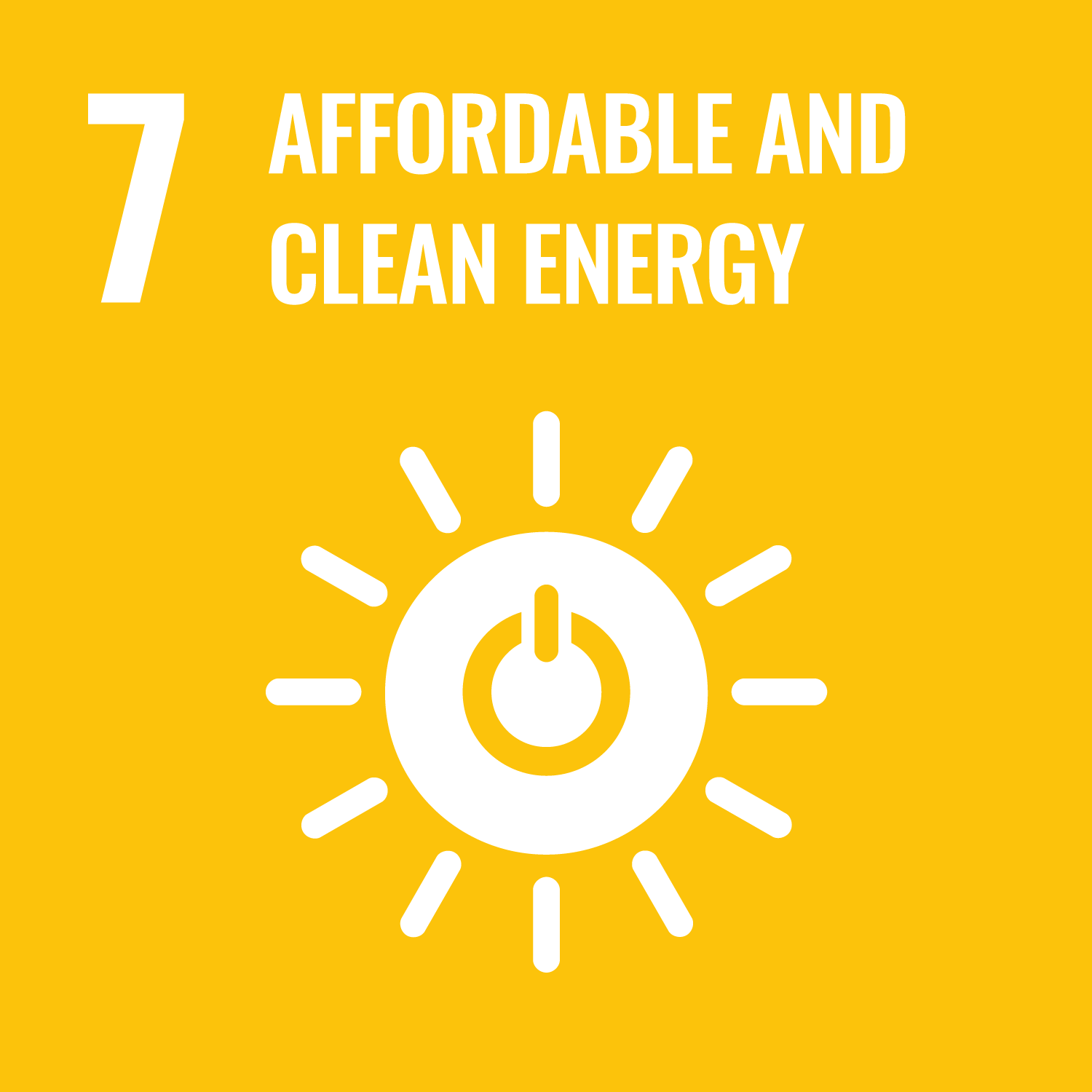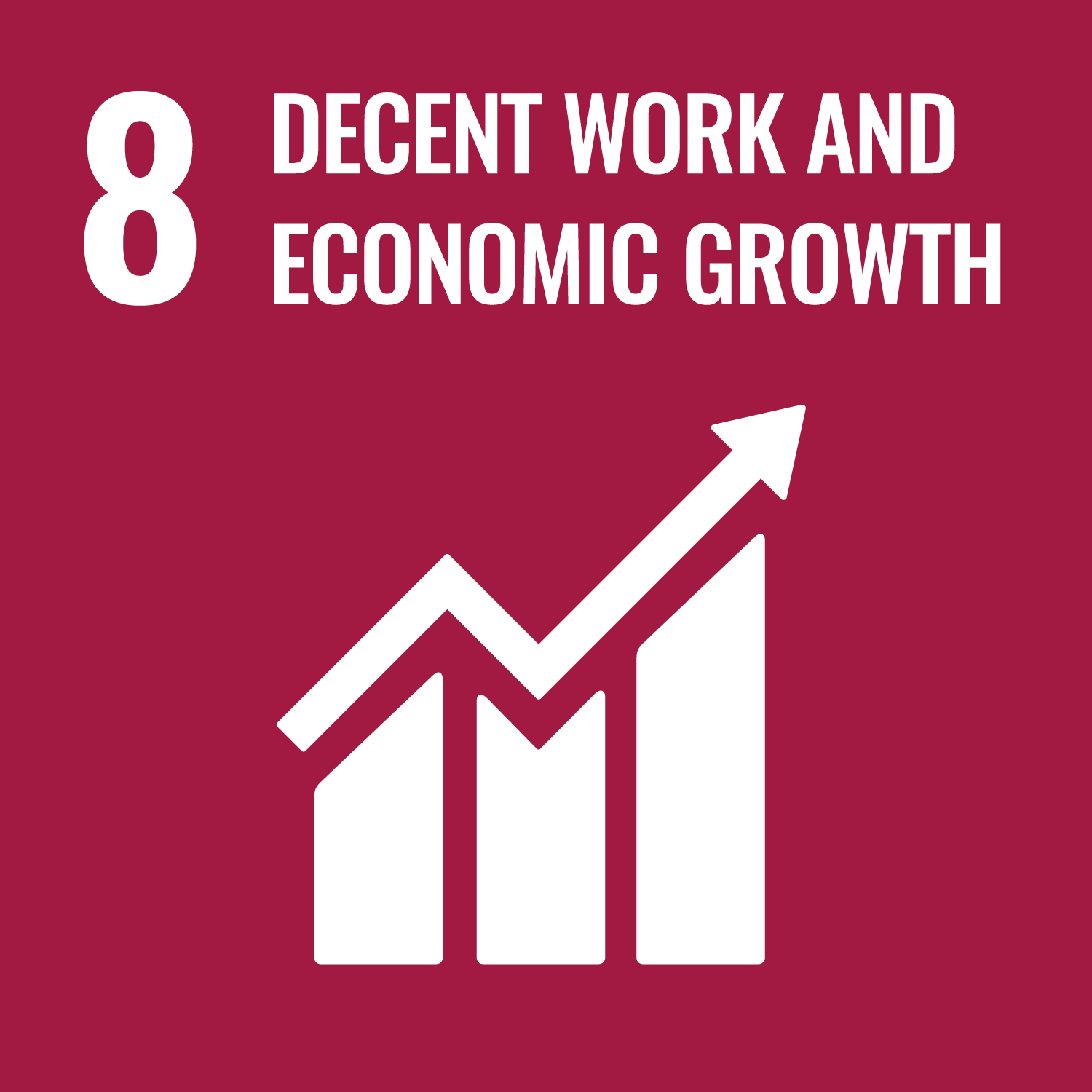Interested in this fund?
Log in or create an account to request more information.
Gain a deeper and comprehensive understanding of how this fund generates positive impact in the themes and SDGs that matter to you, with insights provided by our dedicated team of expert analysts, and receive notifications about new available impact products, exciting investment opportunities, and relevant updates in the world of impact investing.
DBL Equity Fund – BAEF II, L.P.
United States of America
Last updated 13 May 2020, by Impactyield.
Fund geography
Developed countries (203) / More developed regions (202) / More developed regions (North America, Asia & Oceania) (153) / United States of America (113)
DBL Investors is a pioneer double bottom line venture capital firm created from the spin-out of the Bay Area Equity Fund I from JPMorgan in January of 2008. The firm’s “Double Bottom Line” investment strategy is to invest in companies that can deliver top-tier venture capital returns (First Bottom Line) while working with companies to generate positive social impact, including environmental and regional economic benefits (Second Bottom Line). Based in San Francisco, the firm invests in cleantech, IT, health care and sustainability companies in the western United States. The firm currently manages $225 million across two funds. The first fund (Bay Area Equity Fund I) closed at $75 million and began investing in 2004. The second fund (DBL Equity Fund – BAEF II) closed at $150 million and began investing in 2009. DBL Investors has grown from zero investments in 2003 to a cumulative 28 investments as of October 2011. The firm’s second bottom line focuses on four key metrics: job creation, workforce development, community engagement, and environmental stewardship. DBL Investors works closely with its portfolio companies in the area of siting companies in low-moderate income (LMI) areas or Enterprise Zones that have a positive impact on the local tax base in neighborhoods that have historically lacked investment capital.
Asset class
Fund status
Fund style
Financial description
Fund II will be financing companies primarily in emerging growth industries or growth segments of mature industries. There are several risk factors common across most emerging growth company industries. Safeguards to protect investors’ capital are specific to each risk and fall in to the general categories of performing diligence and assessing the appropriate risk/return (reflected in price and terms) ahead of an investment, and, after an investment working with company management to monitor and address risks. Risk factors specific to Fund II’s strategy includes addressing competition risk, technology risk, emerging growth company risk, and financing risk. Competition risk. Emerging growth industries attract many entrants. Competition may come in the form of young companies or established large companies entering a new sector. Competition may have better technologies, management teams, relationships, or have more resources and financing. Technology risk. Some of our companies will be dependent on the success of their technology and are often in rapidly changing technology sectors. Such companies may face specific risks of product obsolescence or a technology that fails to work as it was intended. Another risk is in taking a successful prototype and engineering process to production level. Emerging growth company risk. Markets for emerging growth companies are often unproven, based on developing or anticipated trends in consumer demand.
17 years
of track record
2007
the year funded
n.a.
AUM
Interested in this fund?
Log in or create an account to request more information.
Gain a deeper and comprehensive understanding of how this fund generates positive impact in the themes and SDGs that matter to you, with insights provided by our dedicated team of expert analysts, and receive notifications about new available impact products, exciting investment opportunities, and relevant updates in the world of impact investing.
Asset manager
Key performance indicators
Fund overview
Asset manager: DBL Investors
Product track record: Fund has 17 years of track record
Target IRR: n.a.
Committed Capital: n.a.
Target return category: Risk-adjusted market-rate of return
Fund domicile: United States of America
Product status: Closed - still investing
Style/Stage: Growth Stage
Inception year: 2007
Vintage year: 2009
Target region: Developed countries, More developed regions, More developed regions (North America, Asia & Oceania), United States of America
Target close date: n.a.
Product term: 10 year term
Assets under management: n.a.
Investment size: Min: 0; Max: 0; Avg: 0
Co-investment policy:
Currency of investments: USD (US Dollar)
Currency for fund / product figures: USD (US Dollar)
Fund investments to date: 11
Fund investments to date exited or repaid: 0
Management fee: 2.5%
Carried interest: 20%
Hurdle rate: n.a.
GIIN Investors' Council Investment: No
Limited Partners / Investors: Annie E. Casey Foundation, The California Endowment
Limited Partner / Investor Type: Endowments/Foundations, Family Office, Pension Funds, Other Institutional Investors
Contact
E-mail: nancy@dblpartners.vc ira@dblpartners.vc mark@dblpartners.vc
Website: http://www.dblinvestors.com
Phone number: 415-568-2905
If you wish to have your details removed from this database please email gdpr@impactyield.com
Lisa Hagerman
Director of DBL Programs
Impact Performance
n.a.
Impact thesis
Qualitative metrics across: Workforce Development: DBL Investors works with local partners in recruiting qualified residents from low and moderate income communities, employee training programs, and employee education. Environmental Stewardship: assisting a company in obtaining a green business certification; energy and water conservation; waste reduction; recycling; pollution prevention; green building design and construction; LEED certification; and encouraging carpooling and use of public transit. Community Engagement: youth outreach, employee volunteering and charitable contribution with local mission-oriented organizations and non-profits that are strategic to the company’s business and interests; contracting with qualified local, women, and minority suppliers and contractors, and hosting educational sessions for the community. Public Policy Assistance: working with companies on facility site selection and permitting, obtaining Enterprise Zone incentives, economic development financing packages, and “green” incentives, low-interest loans, grants and various tax credits.
Impact Management
n.a.







